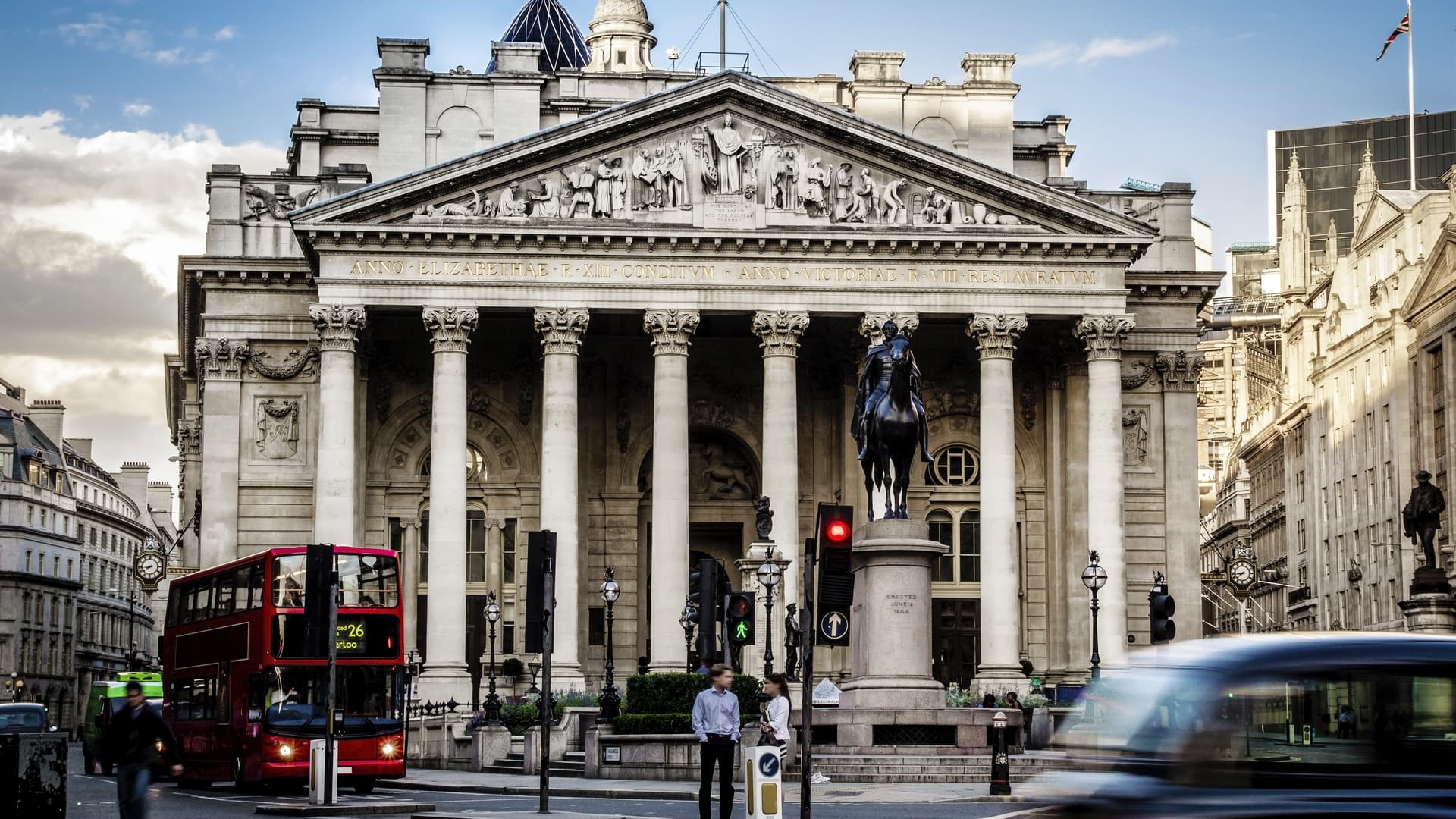
Posted on: 15th March 2023 in News
A gloomy March morning. Beneath a blanket of grey clouds, journalists wait patiently outside the door to number 11 Downing Street.
As our protagonist emerges, the silence outside is shattered by a crescendo of camera shutters. The chancellor, clutching the historic red box, arm outstretched, strikes the all-too-familiar pose.
The mood is set as Jeremy Hunt prepares to deliver his first official Budget as chancellor.
The question is, was he the hero or the villain in this story?
Below, we look at some of the key points from the Spring Budget 2023.
Recession concerns have been looming over the UK for some time now.
However, the chancellor eased those concerns today, declaring the UK ‘will not now enter technical recession this year.’
The Office for Budget Responsibility (OBR) has released its forecast, showing inflation in the UK will fall from 10.7% in 2022 to 2.9% by the end of 2023.
Growth is predicted at 1.8% next year, 2.5% in 2025 and 2.1% in 2026.

Pension pots received a huge boost in today’s Budget after the pension lifetime allowance was abolished.
Until now, pension savings of up to £1.07 million were tax-free. There was speculation that Mr Hunt would raise the allowance to £1.8 million.
But the chancellor went one step further in a completely unexpected move, abolishing the lifetime limit altogether. However, the annual tax-free allowance remains in place but has been increased from £40,000 to £60,000.
The move is part of a wider incentive to encourage early retirees back into the workforce and retain those considering early retirement.
There are almost 9 million economically inactive people, according to data from the Office for National Statistics (ONS). This is people between the ages of 16-64.
Of those, there are 1.13 million economically inactive retirees. In other words, those who retired before the age of 65.
Treasury officials say that fewer people working creates a barrier to economic growth and fuels inflation.
The 2023 Spring Budget brought good and bad news for businesses. We’ll start with the good news.
The chancellor announced that businesses can claim relief on all their investments.
Meanwhile, a £1.8bn support package was announced for small and medium companies investing over 40% in research and development. Those who qualify can claim credit worth £27 for every £100 spent.
Unfortunately, this is where the good news ended.
A hike in corporation tax will see companies with profits over £250,000 now pay 25% tax, up from 19%.
For companies with profits between £50,000 and £250,000 will now pay between 19% and 25%.
Mr Hunt justified the increase by saying that the UK still has a lower level of business tax than Germany, France, Japan and Italy.

As part of his Spring Budget, the chancellor announced 12 new investment zones. Mr Hunt referred to these as ’12 potential Canary Wharfs’.
If chosen, these investment zones will have access to £80 million of support, as well as tax breaks.
The chancellor said the government have identified the following areas:
He also said, ‘there will also be at least one in each of Scotland, Wales and Northern Ireland.’
Soaring energy prices have been a major contributing factor to the broader cost of living crisis.
The energy price cap is scheduled to rise from £2,500 to £3,000 annually from April 1, placing even more pressure on UK households.
Following the news of the planning increase to the energy price cap, there have been growing concerns and calls for government support to continue.
Today, Mr Hunt confirmed that support will continue for a further three months from April to June. This means that the average household energy bill will be capped at £2,500.
This will come as welcome news. While it won’t solve the ongoing cost of living crisis, it will give people a little more breathing room.
Mr Hunt confirmed that he would freeze fuel duty for the 13th consecutive year.
Delivering his Spring Budget, he also assured drivers that the 5p fuel cut would remain for the next year.
The fuel duty rate was reduced from 57.95p to 52.95p per litre by then-chancellor Rishi Sunak but was due to end this month.
According to the chancellor, the move will save the average driver £100 next year and around £200 since the 5p cut was introduced.’
Today’s Spring Budget will undoubtedly have financial implications for UK residents, as well as UK expats.
If you are unsure what today’s Budget means for you and your finances, we can help.
Holborn Assets is a leading, award-winning financial services company. We provide expert advice and tailored wealth management solutions to help you reach your financial goals.
Book a free, no-obligation consultation with one of our financial experts to learn how we can help you.
We have 18 offices across the globe and we manage over $2billion for our 20,000+ clients
Get started
In today’s world, much of our lives are lived online. From email accounts and social media profiles to digital wallets and online businesses, we’re building a digital legacy—often without realising...
Read more
When it comes to growing your wealth, choosing the right investment path can make all the difference—especially if you’re an expat managing finances across borders. Two of the most talked-about...
Read more
Building wealth is one thing—but building a legacy that lasts for generations? That’s something else entirely. For families, especially those living and working abroad, creating multi-generational wealth means more than...
Read more
Living abroad as an expat can be one of life’s most rewarding adventures—but it also comes with its fair share of financial surprises. Whether you’ve relocated for work, lifestyle, or...
Read more